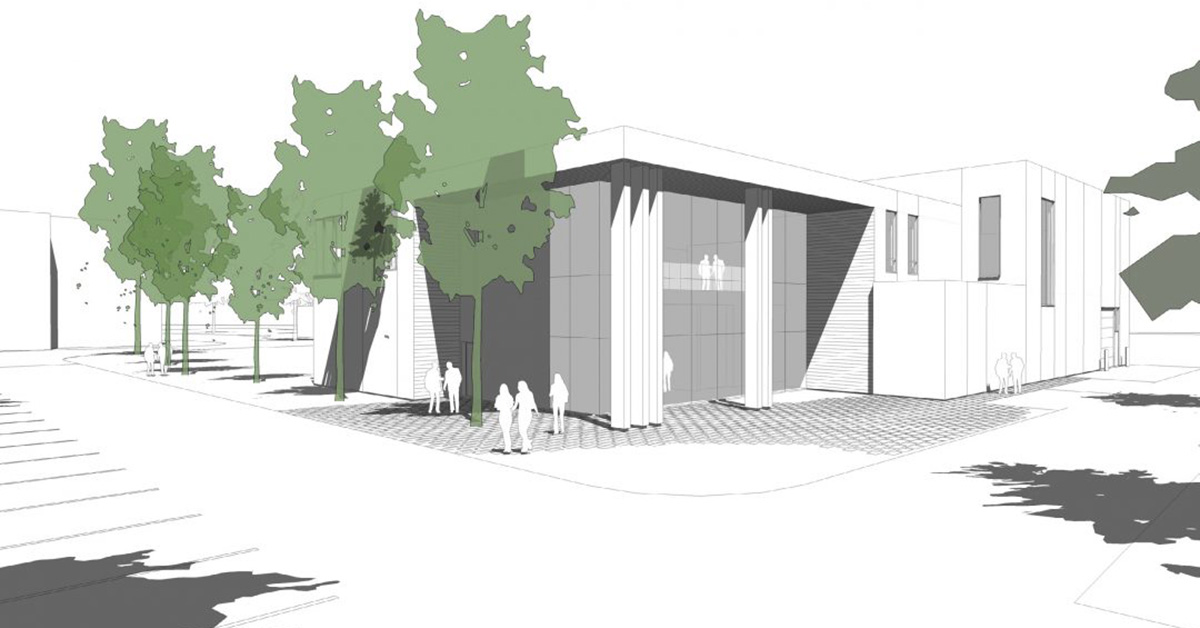For many Canadians, freshwater is an omnipresent resource. According to the Government of Canada, Canada contains about 20% of the world’s total freshwater resources, 7% of which are considered renewable. Playing such a large role in Canada’s geography and ecosystems through ground and sub-surface water; glaciers and ice cover; wetlands, rivers, and lakes, water is the focus of many careers and management of the resource often involves multiple fields and government and industry partners.
Given the uniquely Canadian abundance of freshwater in, the water-related training and research opportunities at Canadian colleges and institutes are a critical component of the global march towards sustainability. For example:
- The Centre for Advancement of Water and Wastewater Technologies (CAWT) at Fleming College’s Lindsay, Ontario campus, works with industry, government, NGOs, and other academic institutions on research projects driving water innovation and helping find new ways to protect, reuse, treat, and manage the world’s water supply. For example, a 2014 report released collaboratively between CAWT and the Institute of Watershed Science at Trent University presented findings on the use of natural tundra wetlands in the treatment of municipal wastewaters at 13 sites across Nunavut and the Northwest Territories. The centre also offers more than 25 accredited courses in Water Operator and Wastewater Operator Training.
- The Cégep de Saint-Laurent is home to the Centre des Technologies de l’Eau (CTE) [Centre for Water Technologies], a College Centre of Technology Transfer specializing in water-related applied research, information diffusion, and technical expertise. The CTE also recently received funding approval to construct a brand-new facility to house its projects and offer training.
- At University College of the North, a two-year Natural Resources Management Technology (NRMT) diploma equips students to work in natural resources management, including forests, water, fish, and wildlife through hands-on training in semi-remote wilderness settings where students are immersed in the life of field work.
- The Land and Water Resources Diploma at Olds College gets students involved in environmental stewardship and rural planning, and prepares them for careers ensuring sustainability of the soil, water and wildlife resources amidst agriculture or land development activities.
- NAIT’s Water and Wastewater Technician distance learning courses provide training for work in fields like water treatment, water distribution, wastewater collection, and wastewater treatment, both at entry-level and as an option for ongoing specialized training. NAIT also offers the Water and Wastewater Operation Preparation course in partnership with Northern Lakes College.
- At Yukon College many research projects involve water treatment, including a project looking at the possibilities for treatment of recycled water used in mining operations to limit the build-up of contaminants.
- Nova Scotia Community College’s (NSCC) Natural Resources Environmental Technology program includes training in watershed management, focusing on how development activities affect water quality, the provision of drinking water, and the restoration of aquatic habitats.
- Through its Riverview High School Hydroponics project, an Engineering Technology instructor from New Brunswick Community Collee (NBCC) has teamed up with high school staff and students to produce vegetables sustainably in an aquaponics garden using water and fish waste to act as a natural fertilizer.
Providing solutions and taking action to better manage the world’s freshwater supply is essential to addressing the pressing challenges of climate change. With a presence in urban, rural, remote, and northern communities across the country, Canada’s colleges and institutes take advantage of the geographic variety of their surroundings to train a strong workforce and conduct research projects that are critically important for sustainability efforts in Canada and around the world.

